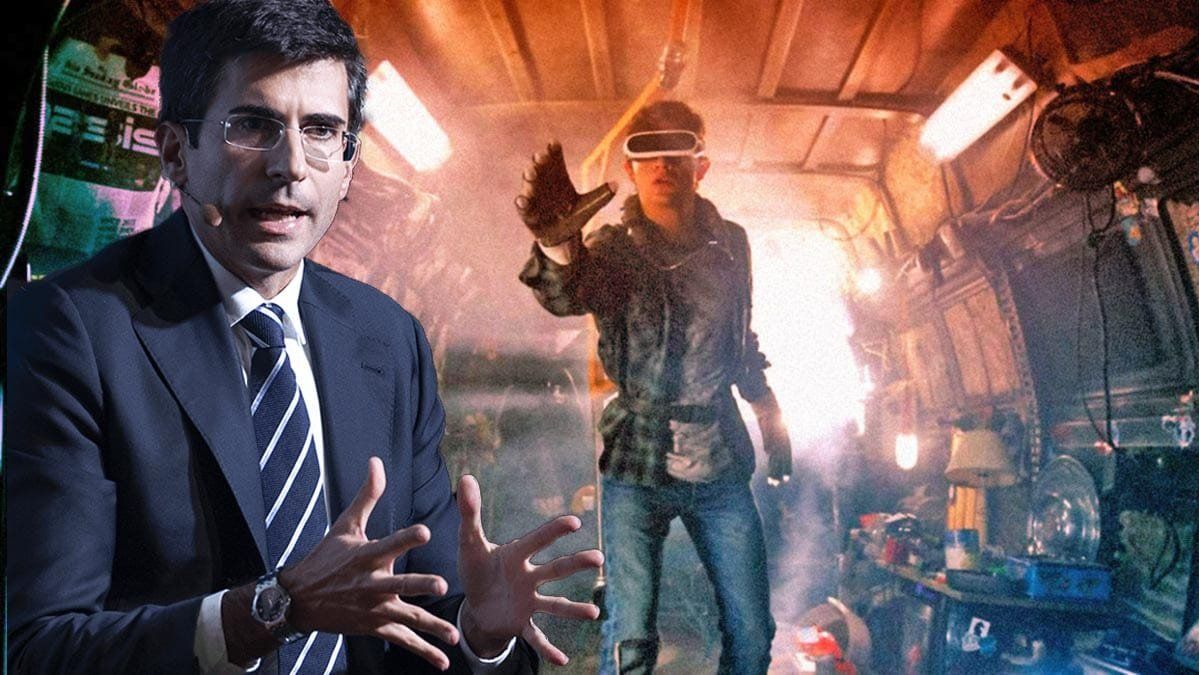about five years ago Legal Tech, Big data, machine learning, blockchain, Smart contracts, cryptocurrencies, crypto assets, tokens, NTF, legal Hub, analytical technologies and artificial intelligence they had been incorporated in an incipient way into theoretical concepts in seminars, conferences and doctrine.
Today we see the evolution of technological developments as certain repetitive and simple legal services have been standardized. Online advice, standardization and automation of processes. In this sense, the great challenge for educators is teaching future lawyers with standards and parameters from the past for the new forms of legal praxis impregnated and dominated by technology.
What if we study in the Metaverse? the metaverse, a concept recreated by Mark Zuckerberg, founder of Facebook (2004) and Meta Platform (2021), who is its CEO. This parent company of Facebook, Instagram, WhatsApp, Oculus VR and others in the technological innovation and social media sector. While it is noted that the metaverse concept is first cited in Neal Stephenson’s 1992 science fiction novel Snow Crash. This word alluded to a digital and artificial environment after the internet itself.
The term that refers to the concept of a three-dimensional, persistent and interconnected space, of immersive environments in social networks and persistent multi-user platforms. Today this technology is still expensive, but sooner rather than later it will be accessible and inclusive.
Edward Castronova Professor at Indiana Universityforerunner in the study of Synthetic Worlds (2001) or metaverses identifies three fundamental characteristics: 1) Interactivity. The subject can communicate with the rest of the consumers and interact. Behaviors can influence objects and the behaviors and opinions of other members of the community, 2) Corporeity. Consumers are represented by avatars. Corporeity consists in the presence of that avatar on that space that also has certain limits, and 3) Persistence. The program continues to function and develop despite the fact that some or all of its members are offline.
What will it be like to study law in the Metaverse? What will it be like to teach in the metaverse?
certainly a immersive, playful and holistic pedagogical experience. It is an immense challenge for the vision of those who design future teaching strategies and their implementation. Let’s see some of the uses that the metaverse could bring in the teaching of law:
- Immersive experiences and simulations of the legal practices of University legal clinics and clinics; practices in legal technology incubators (legal Hub Tech,).
- Simultaneously incorporate technology into the praxis of law, iterating or designing situations or problems of the very nature of the metaverse. Students learn by doing while displaying technological skills.
- Visits to other universities, classroom spaces, seminars, conferences, congresses, offices, institutions, museums or companies that are in the metaverse.
Powerful challenges remain How do we carry out training in digital skills? How to eliminate the gap of technological inclusion, access and knowledge? Even in the field of education there is much to do and to work on skills and concerns with an eye on today and the years to come.
The lawyer’s profession It inevitably leads us to think creatively, to investigate, to reason differently and to develop prototypes that allow us to improve professional tasks, understand client preferences in order to achieve alternative solutions with a view to offering a better legal service, preventing problems, generate patterns and forecasts to predict outcomes of problems legal, litigation and legislate in novel situations.
Our challenge in educational management and as teachers is the training of digital native students in creative and technological lawyers for the Argentina of the future. Convinced of more disruptive innovation in the years to come in education in this network of interconnected technologies of multisensory interactions in virtual environments and augmented reality, synchronous, corporeal with digital objects, avatars and people, under a novel persistent environment.
For those doomsayers who argued that the future legal profession was entering a bleak phase of a dying profession, I am sorry to disappoint you. The present is one of the most interesting times for the study of the law careerthere is much legal innovation ahead, the law and practice needs avid and creative lawyers to design the future of the legal profession.
Source: Ambito




